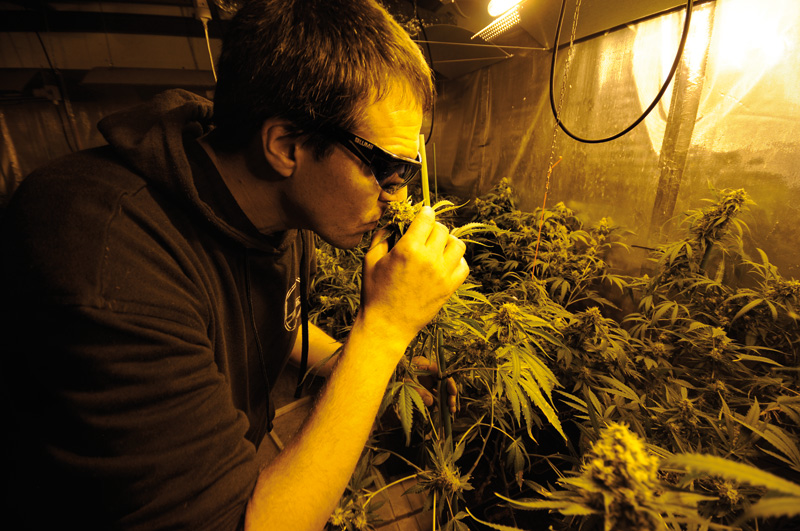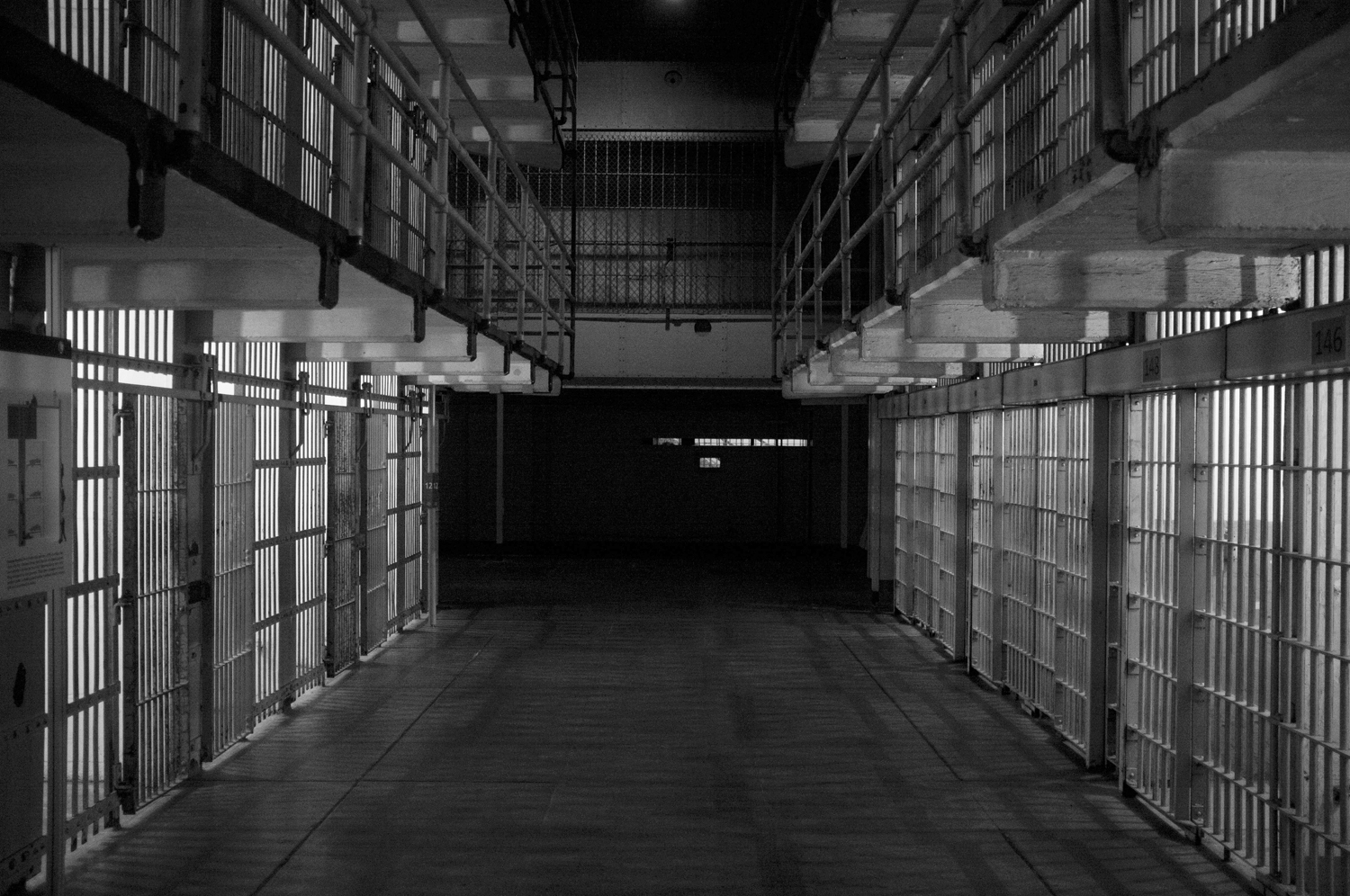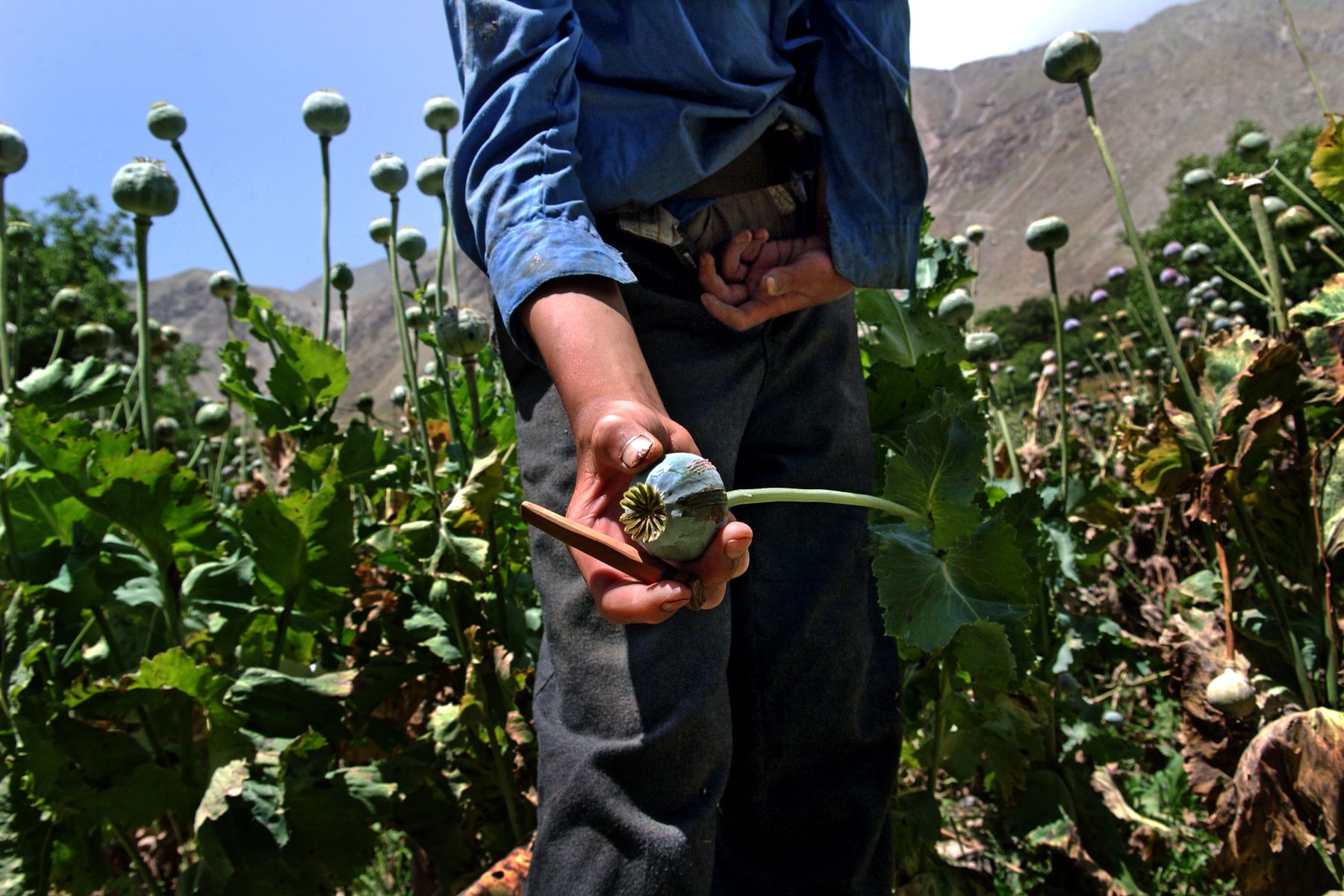Responsible production and consumption, in the dock of defendants
- Associations created for the planting and responsible use of cannabis are being harassed by the administration of justice in the CAV (especially in Gipuzkoa) by the criteria established in Madrid. We have been collecting his testimony in the ACEE-AU association of Urretxu, which received the conviction half a year ago, and in passing we have better known his work.

About five months ago, the Provincial Court of Gipuzkoa, ratifying a judgment of first instance, sentenced two persons responsible for the ACEE-AU association of Urretxu to three months in prison and 22,000 euros in fine. “We did not find any solution in the trial, because the only solution is political,” one of them, Goio, says. As explained to us, a number of documents were included in the summary showing that the activity of the association is transparent: the statutes of the association, the certificate of registration of associations of the CAPV, the report that the planting of hemp according to the consumption forecasts takes place without odor…
“However, in a three-page, unheeded judgment, the arguments of the most recent convictions handed down by the Supreme Court are literally copied,” says Goio, who has been convicted of being considered a trafficker. That's why we've been taught what they do. “Anticipate risk”, according to Gogo. “Cannabis is given within the measures. In a supermarket you can buy 20 liters of rum without problems. Here we ask for the age of 21.” They have about 300 partners and about 600 plants. The maximum daily consumption is two grams, 720 grams per year.
They say that since the association was founded six years ago it is clear that the black market has fallen in Urola Garaia, thus eliminating compulsive consumption among its partners. Since they are in the association, they consume smaller amounts, smaller and smaller as they spend more time in the association.
They are proud to produce the best seeds of the Spanish State and of Europe. According to Goio, the cannabis industry can be a local and sustainable industry: “The plant is used in its entirety. The oil of the essence serves to treat tumors, multiple sclerosis and childhood epilepsy.”
“We have been considered narcos, but we are ‘laborers’ of Mari”
They pay social security. In fact, four jobs have been created to address the planting and distribution of cannabis for up to 300 people who need 24 hours of monitoring. They don’t get an extra fortune, but they pay the tax on economic activities, and one of the board members says that “public finances are happy with us.”
They believe that cannabis is a great opportunity and that it can serve to save many dwellings. This is the town of Eureka, in EE.UU, where an estimated 20,000 people grow cannabis.
They call for the development of the CAV Addictions Act, because they believe there is political will to create regulations similar to those developed in Uruguay and in several states of the United States.
“After 60 years of prohibition, we ask that our activity be normalized.” In the opinion of the members of the ACEE-AU, the solution must be political. They call for the development of a Law on Addictions approved by the Basque Parliament, because they believe that there is a political will to create in the CAV a normative model such as that developed in Uruguay and in several states of the United States (California, Colorado…).
Working with transparency, better
The Addiction Act recognises cannabis recipient social clubs and was endorsed by all parliamentarians, except those of the People’s Party. Unlike other State communities, in the CAPV “it seems that a regulated model can be achieved, however…”, they point out. In any case, they prefer to be transparent without hiding, in the hope that knowledge will give them their recognition.
The two “workers” who were convicted had no criminal record. In fact, having difficulties reaching the end of the month, they have not appealed the judgment, so they have asked the judge to be able to perform social work instead of paying the fine. Developing what they have done so far. For example, a radio programme on prevention is being recorded, explaining how to take cannabis better. In the program they talk about the risks, “for example, of driving a car after having consumed”.
Responsibility for the risks of cannabis
They are concerned to publicize the consequences of cannabis ownership, “because it is not true that it is not harmful”. They study health and legal risks and try to spread knowledge. In addition, they take care of the whole route of the plants, from production to consumption, working and differentiating the quality of what they take.
One of their main concerns is that children and cannabis do not get along well. “They should not fall into cannabis,” Goio says, “because it can lead to school failure and shield the development of sovereignty.” It's a central theme of radio programs. Among other actions, the programme is trying to transfer minors from Zumarraga to Zaballa prison.
No appeal has been brought against the judgment, so the judge is asked, instead of paying the fine, to carry out social work, developing what he has done so far.
Like the ACEE-AU, most of the associations working within the federation of Eusfac associations with similar settings and regulation have been processed in recent times. Judgments have been absolute and other convictions, although, according to Eusface, the elements are in fact identical or very similar. On the one hand, the High Court of Justice of the Basque Country, with the abstract risk of cannabis spreading outside the association, issued last September the first conviction against two cannabis associations in Bizkaia. On the other hand, the State Attorney General considered cannabis associations as a new plague of the twenty-first century in a series of circulars; since then, the Gipuzkoa prosecutor’s office has prosecuted as many associations as possible, “to advance its career,” according to Gogo.
In addition, the written accusations have been hardened. Recently, another association, also from Donostia-San Sebastian, has been accused of being a criminal organization and is awaiting trial. The prosecutor has applied for a penalty of EUR 400,000 for the murder defendant. “They can destroy your life, think, for example, you can be taken away from the custody of your seven-year-old daughter.”
They want to show that the work they do is beneficial. “In the partnership we have never had any changes, we make a careful appeal to the partners, saying that we have a long waiting list.” To be a member of ACEE-AU you have to be from the region and 90% are from Urretxu. It is estimated that they account for 10% of cannabis users in the area. The maximum number of partners under domestic law is 500. In Gogo's words, regulation is taken seriously. For example, they totally distinguish cannabis from other drugs, unlike what happens in the black market. Street vendors carry in their pockets hash, amphetamines or LSD. In society, you can only take cannabis.
“We’re worse than before”
One worked in a florist, two in a company in the area. Since they have left their jobs in the cannabis industry, they have received eleven awards. “We’re making history,” says one jokingly, “perhaps these ARGIA photos are considered as pioneering work in the future.” They believe that the right to produce and use cannabis is about to come, “but it’s been eleven years since we started to think that there was only four years of struggle and now we’re worse than at first,” said another member of the board.
In the future, they do not want to have more to do with the courts. They have an activity license, pay taxes and have conducted several tests to establish a protocol of action and collaboration with the police. They have prevented cannabis use from spreading out of society, and all the smell of plants remains inside the pavilion. That is what the Ertzaintza asked for. If you don't smell from the outside and you don't create the social alarm, you'll be left alone.
They continue with that hope in their industrial activity. They've learned to produce a special hashish called OHO. It requires a lot of skill, because first you have to mix cannabis with gas and it's dangerous. The last form that resin receives is a characteristic hashish of gold color. One gram costs EUR 90 in the Netherlands, and it is distilled here for EUR 10.
If you steal it, you wouldn't report it.
Even partners don't know where the partnership orchard is. Burglars, for the most part, are afraid of being robbed. Every night someone stays in the pavilion, watching the planting area. “If they are stealing, all we can do is try to avoid theft without any kind of violence,” says Goio, “if they steal us we could not denounce it.”
And before we say goodbye, the last message is that cannabis is more an opportunity than a problem. “Misinformation turns the problem.”
























